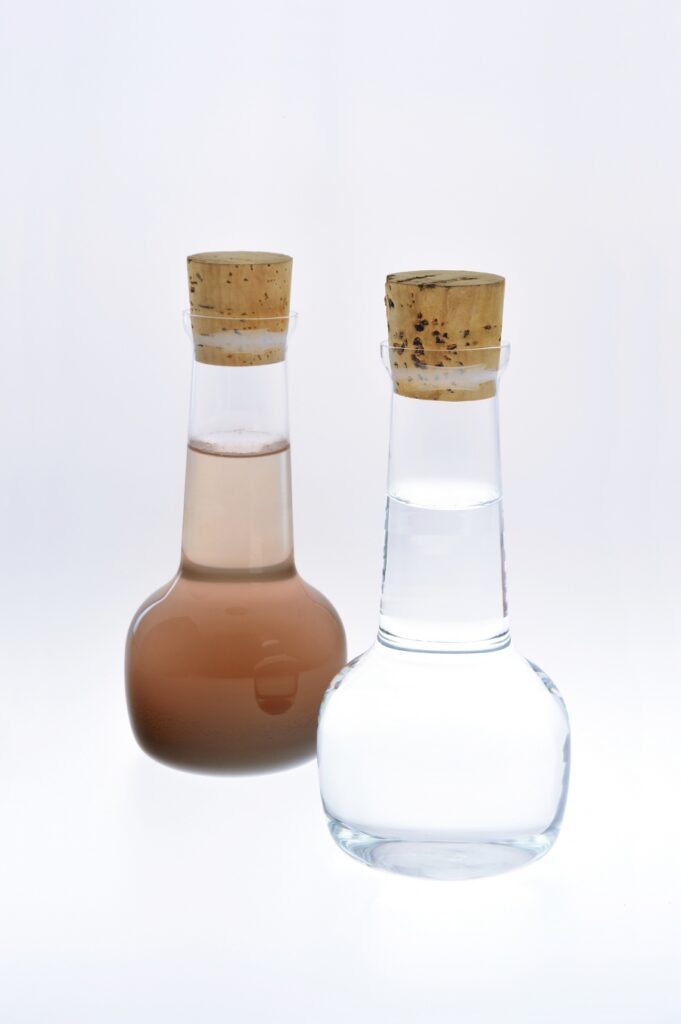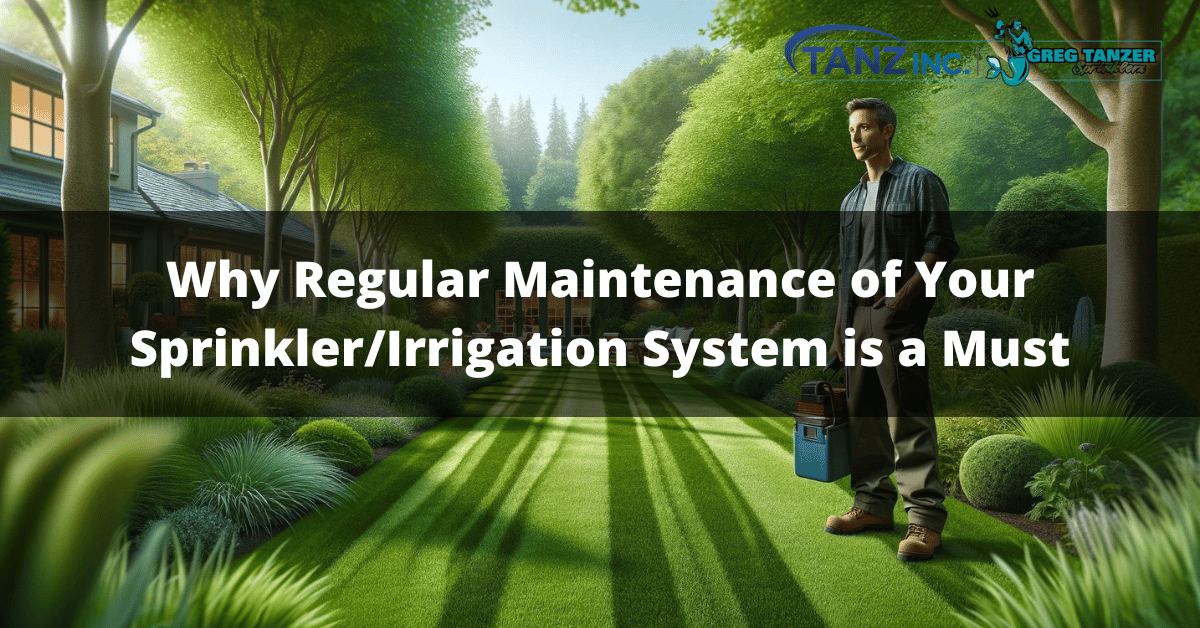 Most of us are aware of the lead paint problem in older homes, but what about the lead content in your home’s water due to lead pipes? Although low levels of lead in your home’s drinking water are not typically harmful, your water may be affected by a few plumbing methods that are historically common: main water service lines made of lead, copper pipes soldered with lead, and interior lead piping. When your drinking water goes through the treatment process to make it safe to drink, it is chlorinated. While this chlorination protects you from bacteria, recontamination, etc., it also causes the water to become more corrosive, which can cause lead from your pipes to leach into your drinking water.
Most of us are aware of the lead paint problem in older homes, but what about the lead content in your home’s water due to lead pipes? Although low levels of lead in your home’s drinking water are not typically harmful, your water may be affected by a few plumbing methods that are historically common: main water service lines made of lead, copper pipes soldered with lead, and interior lead piping. When your drinking water goes through the treatment process to make it safe to drink, it is chlorinated. While this chlorination protects you from bacteria, recontamination, etc., it also causes the water to become more corrosive, which can cause lead from your pipes to leach into your drinking water.
Identifying lead poisoning is tricky because it presents differently in everyone and is often mistaken for other conditions. Some common symptoms of lead poisoning include fatigue (or hyperactivity), constipation, poor appetite, weight loss, a metallic taste in the mouth, reproductive problems, irritability, and insomnia. It is especially important to note any of these symptoms in children, who are more vulnerable to lead poisoning. Severe exposure can result in severe abdominal pain, vomiting, stumbling while trying to walk, muscle weakness, seizures, and even coma. If you or someone else experiences symptoms of severe lead poisoning, call emergency services immediately.
Since it is expensive and therefore unlikely to replace every lead component from plumbing systems, you might consider a whole house water filtration system. The property maintenance professionals at Tanz Inc. can install the best water filter to meet your particular needs. Simply invite us over for your free water testing service in New Jersey, and we’ll make sure that your drinking water is the quality you want it. Contact us to schedule your free water test.






